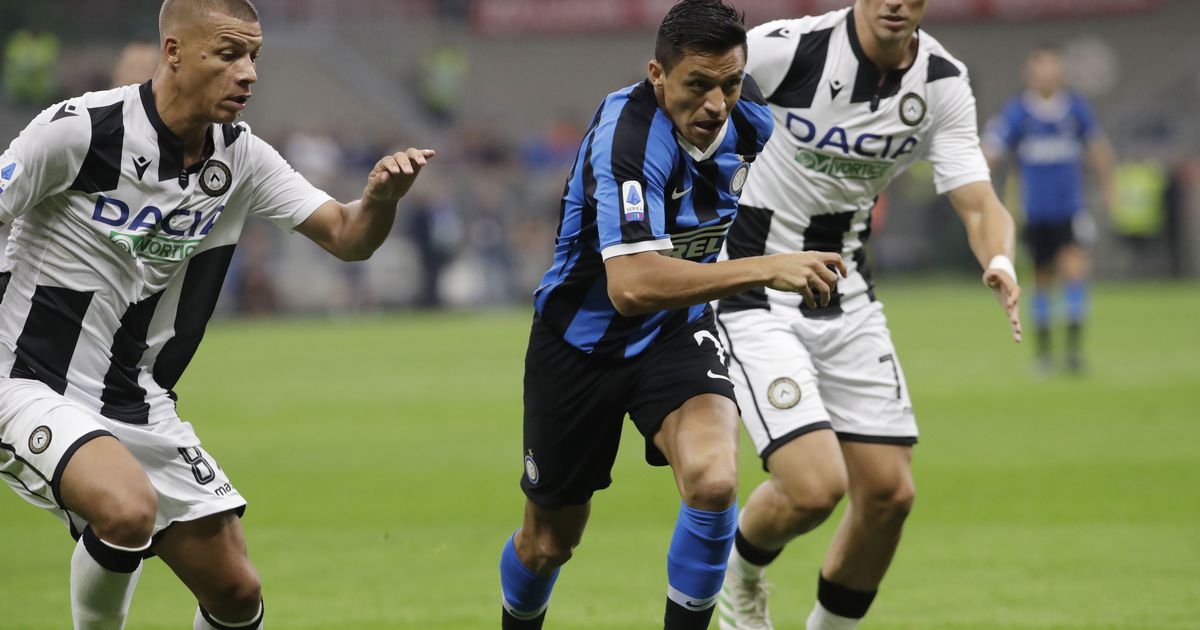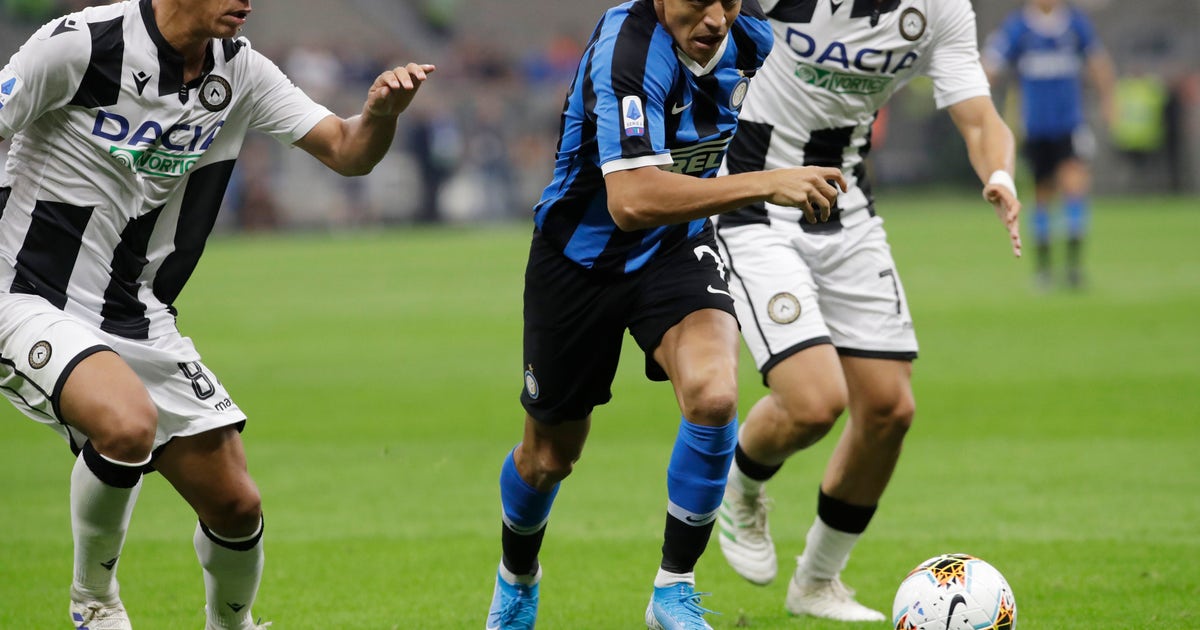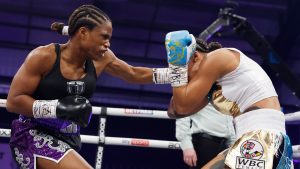AP Interview: Serie A CEO cites ‘billion’ lost to TV piracy


ROME (AP) — The accumulated damage to Italian soccer by illegal television streaming services is “well beyond a billion euros,” according to Serie A’s CEO.
Speaking in the aftermath of a Europe-wide crackdown this week against allegedly fraudulent pay-TV subscription services, Luigi De Siervo also said in an interview with The Associated Press on Friday that the Italian league has “applied pressure” on Italian Super Cup host Saudi Arabia to eliminate widely reported piracy within its boundaries.
EU judicial coordination agency Eurojust announced on Wednesday that one person had been arrested and 22 suspects were identified during a coordinated operation against piracy across the continent. The agency said that more than 200 servers were taken offline in Germany, France and the Netherlands.
The investigation started in Italy, where Serie A’s new governance has made anti-piracy a priority since Gaetano Miccichè was elected president of the top division last year.
Serie A’s coordination with law enforcement agencies helped lead to Wednesday’s crackdown, De Siervo said, adding that a major piracy distribution center in Naples was dismantled as a direct result.
“This is a long process and these are just the initial results,” De Siervo said. “We’re talking about losses of 200-300 million euros per year to the football system in Italy by way of our TV partners. We have a series of bonuses linked to subscribers for DAZN and Sky, so those losses get trickled down to our clubs.”
Satellite provider Sky Italia and online streaming service DAZN are paying Serie A nearly 1 billion euros (more than $1 billion) per season for domestic rights to Serie A from 2018-21 — the largest source of revenue for the league’s financially strained clubs.
Both Sky and DAZN have lost subscribers — the key number when rights packages come up for sale — to illegal streaming sites charging customers cut-rate prices or showing games for free.
“The damage to Italian football has been well beyond a billion euros,” De Siervo said.
Some 38% of the people who watch sports in Italy do so illegally, according to the league .
“Italian football is poorer today because of the damage that these pirates are carrying out,” De Siervo said.
With such a strong stand against piracy, Serie A’s Super Cup deal with Saudi Arabia has come under increasing scrutiny.
On Monday, a FIFA-led investigation coordinated with Europe’s top leagues concluded that a Saudi Arabia-backed satellite company is “without question” behind pirated match broadcasts that steals content from Qatar’s beIN Sports, intensifying a sports dispute linked to the Persian Gulf diplomatic standoff.
The soccer organizations — including Serie A — made a joint announcement after they commissioned a report into the operations of the beoutQ channels, which have been accused by beIN Sports of illegally pirating its broadcasts of soccer matches and other sports.
“Under FIFA’s lead, we’re also fighting against BeoutQ, which is an incredible phenomenon of piracy present in the Middle East,” De Siervo said. “We’re discussing it. It’s important — very important — for us to play in countries that uphold policies against piracy.”
Still, the Italian league plans to uphold its deal with Saudi Arabia’s General Sports Authority to play three Super Cups over five years in the country, the first of which was held last January despite protests over piracy as well as human rights concerns.
There have been more protests over this season’s Super Cup, which will be played in December or January.
The Saudi deal provides more than 20 million euros ($22 million) to Serie A and nearly 3.5 million euros to participating clubs.
“We have applied pressure,” De Siervo said when asked if the league has ever reconsidered its contract with the Saudis because of piracy.
During the opening two weekends of this season’s Serie A, banners saying “Piracy kills football,” were displayed at every league match as a part of an initiative that De Siervo said is also being extended to Saudi Arabia.






